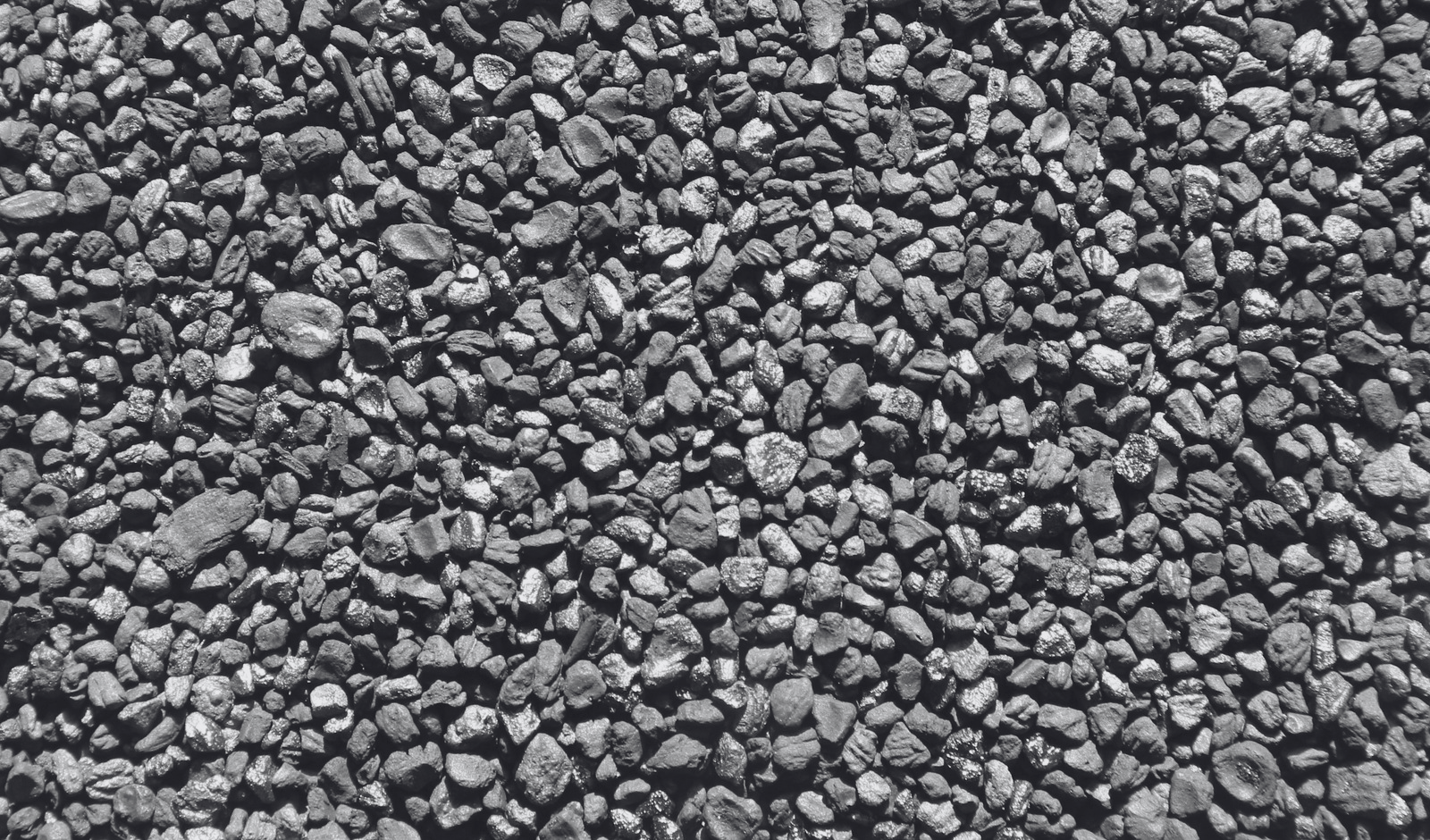What is Biochar?
Biochar is a real-world application that holds immense promise in the agricultural and industrial sectors, fostering environmental sustainability.
At its core, biochar is a type of charcoal that is produced through the pyrolysis of organic materials, such as agricultural by-products, wood chips or even certain types of algae. Pyrolysis is a process that involves heating these materials in the absence of oxygen, preventing them from combusting, crucially enriching carbon while reducing the oxygen content. This results in the production of biochar, along with bio-oil and syngas. The carbon-rich nature of biochar gives it its distinct properties and potential benefits.
The Benefits of Biochar:
Soil Enrichment: One of the most significant advantages of biochar is its ability to enhance soil fertility and structure. When incorporated into soil, biochar acts as a sponge, retaining water and essential nutrients. This property not only reduces the need for frequent irrigation but also prevents nutrient leaching, ensuring that crops receive the nourishment they need.
Fertilizer: Global scientific research has shown great promise for biochar to be used as a fertilizer, replacing carbon-intensive ammonia-based products (Urea, ammonium sulphate, MAP etc.). When used in combination with slurry, significant crop yields can be achieved, with other ‘cascade’ benefits such as reduced NOx and methane emissions.
Carbon Sequestration: As an incredibly stable organic carbon material, biochar can sequester carbon for hundreds to thousands of years, effectively removing carbon dioxide from the Biochar for carbon sequestration (also named pyrolysis carbon capture and storage – PyCCS) is one of the few technologies that can be rapidly deployed at scale and has the potential to remove Gigatonnes of CO2 from the Earth’s atmosphere.
Reduced Greenhouse Gas Emissions and Fossil Fuel Replacement: The pyrolysis process used to create biochar produces bio-oil and syngas as byproducts, as well as our very own Harvest Flame. These can be used as renewable energy sources, replacing fossil fuels and reducing greenhouse gas emissions associated with energy production. There is also the possibility of refining the bio-oils and gases to produce valuable commodity chemicals.
Waste Management: Biochar production presents a solution for managing agricultural by-products organic matter generated from the food industry. By converting these materials into biochar, we can reduce the environmental impact of waste accumulation and disposal.
Remediation of Contaminated Soil: Biochar’s porous structure has shown promise in remediating contaminated soils. It can absorb heavy metals and other pollutants, effectively cleaning up soil and making it suitable for agricultural use once again.
In a world where sustainable practices are essential for the well-being of our planet, biochar stands out as a beacon of hope. Its ability to enrich soil, sequester carbon and promote responsible waste management aligns perfectly with Arigna Fuels’ long-term goals of environmental sustainability. As researchers, businesses, farmers and communities collaborate to refine production methods and address challenges, biochar could become a transformative force in energy, agriculture and ecological restoration. By unlocking the secrets of biochar, we can pave the way for a greener and more prosperous future for generations to come.

